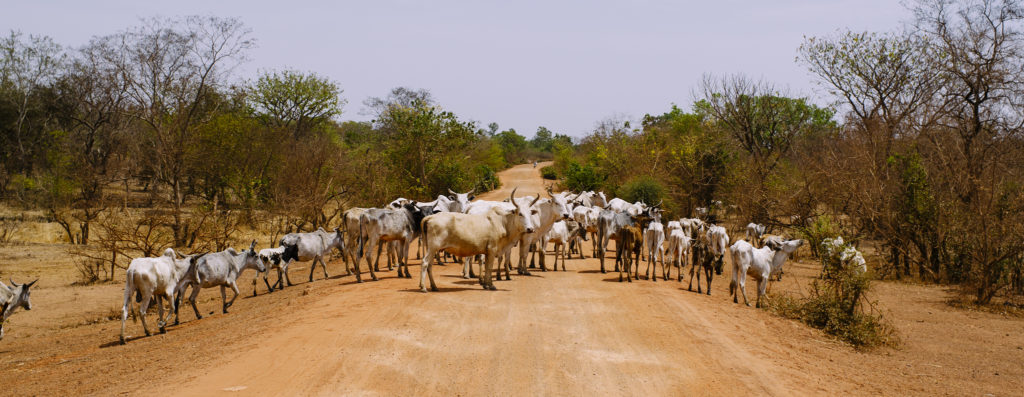SIANI and SLU Global joint Seminar
Read our Policy Brief on Antimicrobial Use in Livestock in Low-Income Countries
Antimicrobial resistance is a globally emerging health issue. At this seminar leading experts will discuss the role of the livestock sector in low-income countries in this emergence from policy, research and development perspectives.
Link to seminar program and short bios of the speakers (PDF file)
